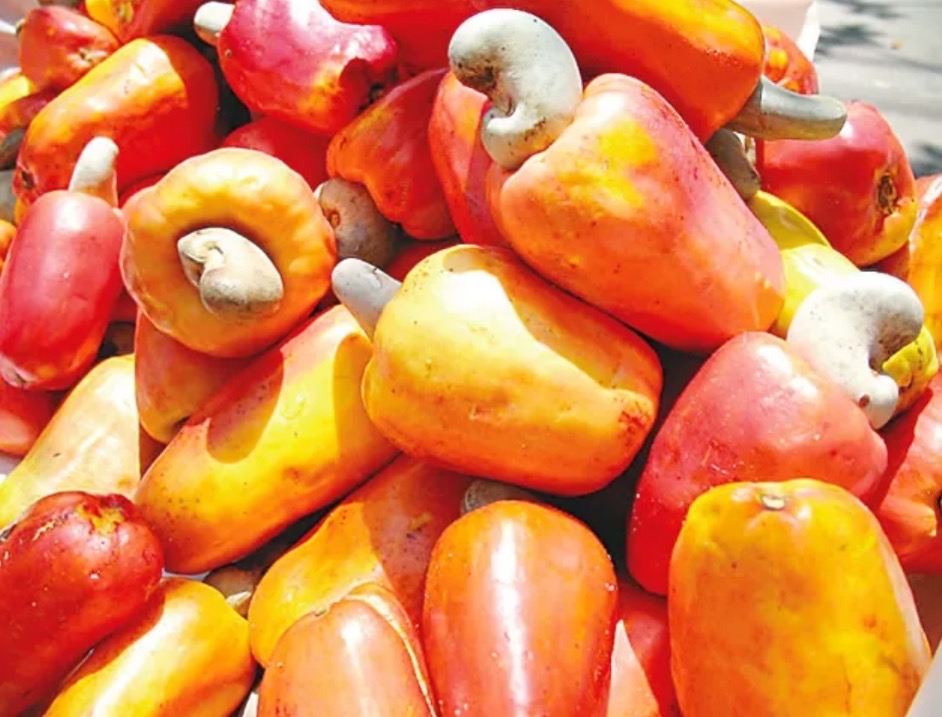
In a sweeping move to transform its agricultural economy, the Kogi State Government has unveiled a comprehensive strategy to dominate Nigeria’s cashew market, leveraging new legislation, investor partnerships, and infrastructural development to drive value addition and secure global competitiveness.
The state, which already contributes significantly to Nigeria’s cashew output, is repositioning itself as the nation’s cashew hub through targeted initiatives that prioritize local processing, farmer empowerment, and investment-friendly policies.
Government-Driven Cashew Revolution
Speaking at a stakeholders’ forum hosted in collaboration with the Raw Materials Research and Development Council (RMRDC), Kogi State Commissioner for Commerce and Industry, Hon. Mohammed Murtala, announced plans to establish a state-of-the-art cashew processing factory within Kogi State University, Kabba. The state is also developing a dedicated Free Trade Zone with over 250 hectares of land earmarked specifically for cashew value chain investment.
To protect the interest of local farmers and boost state revenue, the government has issued an executive order mandating that at least 50% of all cashew produced within the state must undergo local value addition before export. This measure is expected to drastically reduce raw exports while creating thousands of jobs across the processing and logistics sectors.
Legislative Support for Market Regulation
Further solidifying its stance, the Kogi State House of Assembly has passed a resolution prohibiting foreign buyers from purchasing raw cashew nuts directly from farmers. Under the new framework, only Licensed Buying Agents are authorized to handle cashew transactions, and all products must be packaged in Kogi-branded jute bags before leaving the state.
Hon. Cosmos Atabor, the lawmaker who sponsored the motion, described the regulation as “a bold step toward value chain integrity and fair trade,” adding that the measure will “protect local farmers from exploitation and maximize the economic benefits of our agricultural potential.”
Boosting Quality and Research
In support of Kogi’s ambitions, the National Cashew Association of Nigeria (NCAN) is distributing over 20,000 high-yield cashew seedlings to farmers in the state, part of a broader initiative to grow more than 120,000 seedlings nationwide. The goal is to improve crop quality and scale Nigeria’s cashew export output to over 2 million metric tonnes annually.
At the federal level, momentum is building to institutionalize cashew development, as a bill to establish the National Cashew Production and Research Institute in Idah, Kogi East, passed its first reading in the Senate. The proposed institute would focus on advanced research, processing innovation, and value chain development.
A Strategic Path Forward
Commissioner for Agriculture, Hon. Timothy Ojomah, emphasized the importance of aligning cashew production with global market standards. “Over 60% of our cashew is already exported. Now, we’re creating the capacity to process and package it ourselves, ensuring that the profits stay within the state and our people benefit directly,” he stated.
Stakeholders, including private investors and development partners, have expressed optimism about Kogi’s agricultural vision, citing the state’s rich soil, proactive governance, and supportive policy environment.
Conclusion
With a blend of visionary leadership, sound policy, and institutional backing, Kogi State is positioning itself not just as a major cashew producer, but as a national leader in agricultural transformation. If sustained, the state’s initiatives could serve as a blueprint for commodity-based economic development across Nigeria.
